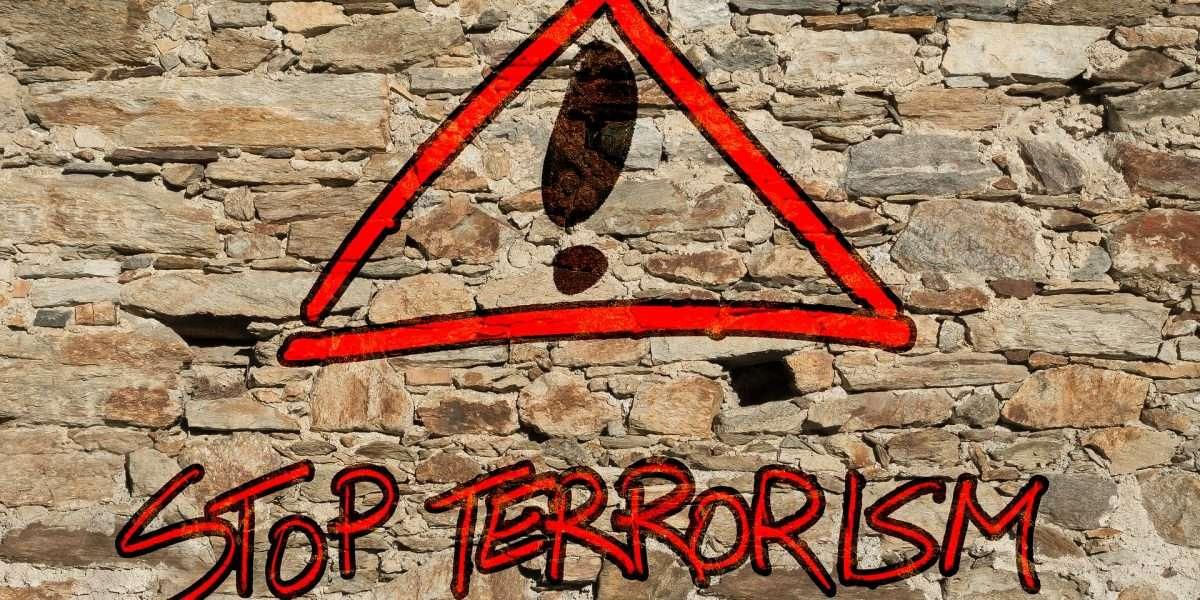- A terrorist sympathizer group has recently created an NFT for ISIS as a test of how it can help evade U.S. sanctions.
- Analysts raised a warning explaining how NFTs could serve as a tool for terror financing.
Over the last few years, we have seen some interesting use cases build around non-fungible tokens (NFTs). However, things are turning scary with terror groups like ISIS leveraging the crypto asset class.
According to former senior U.S. Intelligence officials, a terrorist sympathizer has come up with a simple digital card praising ISIS militants for an attack on the Taliban position in Afghanistan last month. This could be a sign that the Islamist State and other terror groups could use the emerging NFT technology to bypass Western sanctions. The intelligence official said that they could also use it for online fundraising and messaging.
The NFT titled “IS-NEWS #01,” was visible on at least one NFT trading website. It was also bearing the Islamic State’s emblem. The sympathizer group supposedly created it as an experiment to test new outreach and funding strategy for ISIS. Officials of the U.S. national security and other regulators have expressed concerns. “It was only a matter of time,” said Yaya Fanusie, a former economic and counterterrorism analyst at the Central Intelligence Agency.
Related: Will the Ethereum Merge affect NFTs?
Non-fungible tokens (NFTs) are blockchain-based digital assets offering a unique identity and value to something. An NFT could be linked either to a digital product or a physical product. The IS-NEWS #01 NFT isn’t yet traded. However, its existence on decentralized blockchain and distribution across countless internet-linked systems makes it difficult for law-enforcement agencies to take it off the internet. Mario Cosby, a former federal intelligence analyst specializing in blockchain currencies told WSJ:
It’s as censorship-proof as you can get. There’s not really anything anyone can do to actually take this NFT down.
Could NFTs aid the revival of the Islamic State?
As per the WSJ report, ISIS lost its ground across Iraq and Syria by the end of 2017 while cutting its primary source of funding. Western officials have been concerned that such activities could foster a revival of the group.
Asper Mr. Cosby, the two other NFTs created by the same user, on the same day of August 26, exhibits that hallmark of ISIS. One of the NFTs features a picture of a person in a lab suite and a gas mask, surrounded by beakers and assault rifles. The caption calls him an ISIS teacher teaching kids to make explosives. The other NFT condemns cigarette smoking and instead recommends the use of a miswak or a stick toothbrush.
The transactions in the NFT market could be anonymous and private. This could further bring major difficulties for authorities. Experts from the NFT market say that the IS-NEWS #01 NFT is an effort by ISIS to test whether they can evade authorities. It also tests whether legitimate NFT marketplaces will delete the content or limit its use. “It’s very much an experiment…to find ways to make content indestructible,” said Raphael Gluck, co-founder of the U.S.-based research firm Jihadoscope.
The two ISIS NFTs created are still not available for sale. But analysts remain concerned that they could emerge as a potential tool for fundraising in the future. One of the popular NFT marketplace OpenSea has taken the listing off its site. A spokeswoman at OpenSea cited “a zero-tolerance policy for listings that incite hate and violence”.





